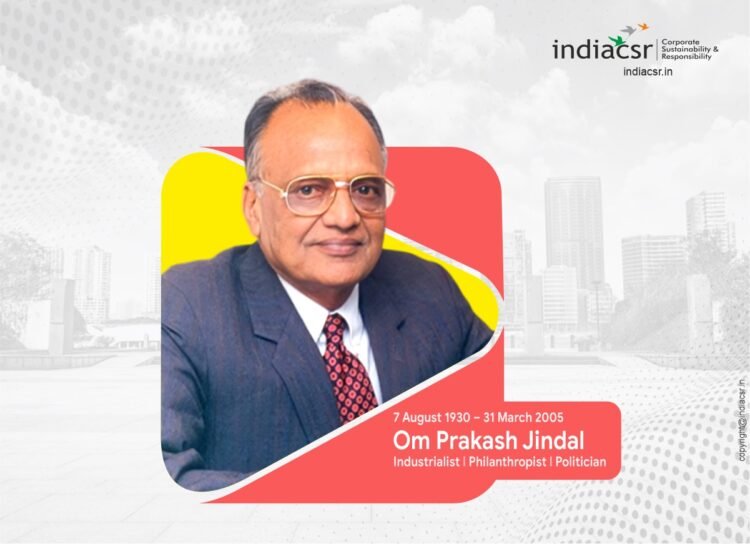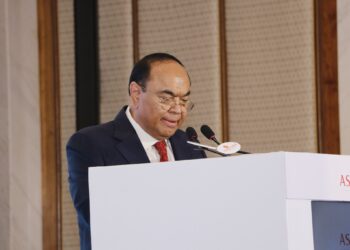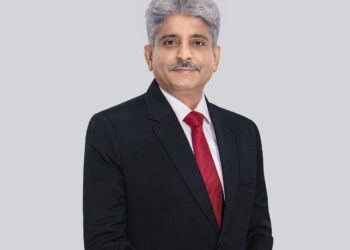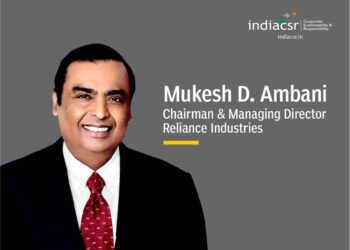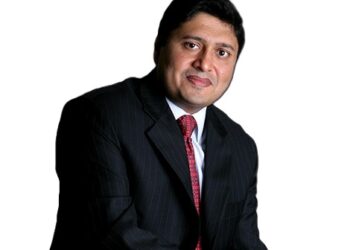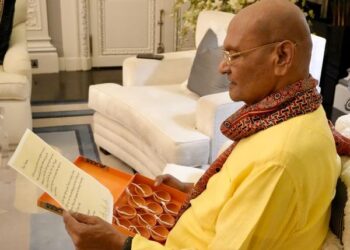Through the words of Prime Minister Manmohan Singh, the biography release event became more than just a commemoration; it was a profound tribute to OP Jindal’s life and legacy.
***
On a significant day in New Delhi, August 7, 2005, the release of a biography of Om Prakash Jindal marked a moment of remembrance and honor for an extraordinary individual. Prime Minister Manmohan Singh, while releasing this important work, shared profound insights into the life and achievements of Om Prakash Jindal, a person whose story is not just about personal success but about the indomitable spirit of human courage, enterprise, and dedication.
Om Prakash Jindal, popularly known as O.P. Jindal, was an Indian industrialist, philanthropist, and politician. Born on August 7, 1930, at village Nalwa in Hisar, Haryana, O.P. Jindal left a significant impact on India’s business and industrial landscape.
The Humble Beginnings
“Om Prakashji started life as a man of modest means,” Prime Minister Singh recounted, highlighting the simple origins of a man who would go on to become a towering figure in India’s industrial landscape. Despite the lack of an elite education, O.P. Jindal possessed a remarkable resilience and determination, qualities that propelled him from the life of a farmer’s son to that of a celebrated entrepreneur. The Prime Minister’s words painted a picture of a man who embodied the true essence of perseverance and hard work.
***
The Wrestler’s Philosophy
One of the most evocative anecdotes shared by the Prime Minister involved Jindal’s childhood aspiration to become a wrestler. This story, as recounted by Singh, was not just about a young boy’s dream but a profound lesson in resilience and determination.
“If you fight, fight to win,” Jindal’s mother advised, a philosophy that he applied throughout his life, wrestling against the adversities of business and politics with unwavering determination and emerging victorious. This metaphor beautifully encapsulated Jindal’s approach to life’s challenges, illustrating his remarkable ability to overcome obstacles through sheer willpower and tenacity.
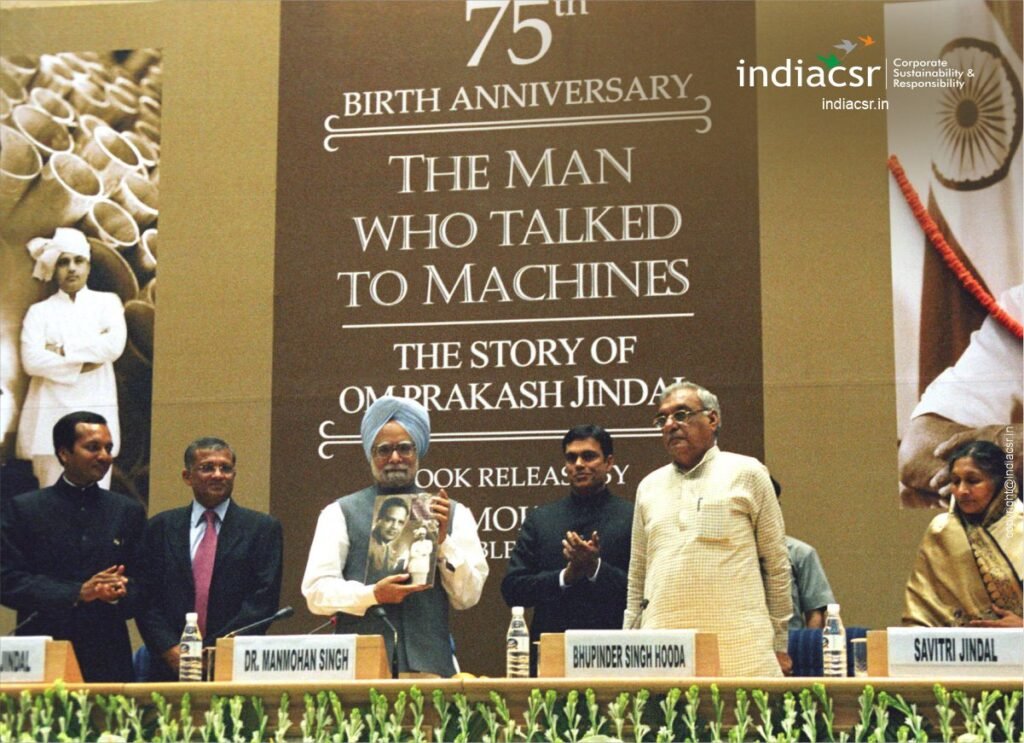
***
A Visionary’s Journey
The Prime Minister eloquently described Jindal’s transition from a curious child fascinated by machinery to a pioneering entrepreneur who dreamed of seeing “Made in India” labels replace those of foreign origin. This journey from a village school to the helm of a business empire is a testament to Jindal’s visionary outlook and his deep-seated patriotism.
Prime Minister’s recount of Jindal’s early fascination with trucks and tractors and his determination to understand and master technology underscored the late entrepreneur’s innate curiosity and innovative spirit.
***
The Industrial Philosopher
Prime Minister Manmohan Singh also highlighted Jindal’s unique philosophy that guided his industrial ventures. He spoke of Jindal’s belief in the “People First” approach, which remained a cornerstone of his business model. This philosophy was not just about profit-making but about a deeper commitment to social responsibility and worker welfare, echoing Gandhiji’s vision of business as a societal trust.
Prime Minister Manmohan Singh’s insights into Jindal’s approach to business reveal a leader who saw beyond the bottom line, emphasizing the importance of contributing to the welfare of the community and the nation.
***
The Political Arena and Beyond
The narrative then shifted to Jindal’s foray into public service, with Prime Minister Manmohan Singh recounting his significant contributions as a representative of the people in both the Haryana State Legislature and the Indian Parliament.
Prime Minister Manmohan Singh recalled Jindal’s impassioned speech on the importance of infrastructure development, a cause close to both their hearts. Through these reflections, Singh portrayed Jindal as a committed leader whose vision for India’s development extended beyond the confines of his business interests.
***
A Legacy Continued
In concluding his tribute, Prime Minister Singh touched on the personal interactions he had with O.P. Jindal, shedding light on the man’s humility, sincerity, and the profound impact of his premature departure on the nation. Singh expressed confidence in Jindal’s children, seeing in them the spirit and dedication of their father.
He emphasized the need for visionaries like O.P. Jindal in shaping a progressive India in the 21st century, urging all to carry forward his legacy.
***
Om Prakash Jindal’s life and achievements
Here’s a table summarizing the key points about Om Prakash Jindal’s life and achievements:
| Aspect | Description |
|---|---|
| Full Name | Om Prakash Jindal, popularly known as O.P. Jindal |
| Birth | August 7, 1930, Hisar, Haryana, India |
| Demise | March 31, 2005, due to a plane crash |
| Occupation | Indian Industrialist, Philanthropist, Politician |
| Business Achievements | Founder of the Jindal Group, which includes Jindal Steel and Power, JSW Group, and Jindal Stainless Limited. Played a key role in India’s industrial growth. |
| Political Career | Served as the Minister of Power for Haryana until his untimely demise in 2005 |
| Philanthropy and Legacy | Known for his philanthropic efforts, with contributions to education, healthcare, and social welfare. His legacy continues through the Jindal Group’s initiatives. |
| Personal Philosophy | Known for his courage, hard work, and dedication. He transformed challenges into opportunities with the mantra, “Where others saw walls, he saw doors.” |
(Copyright@India CSR)

